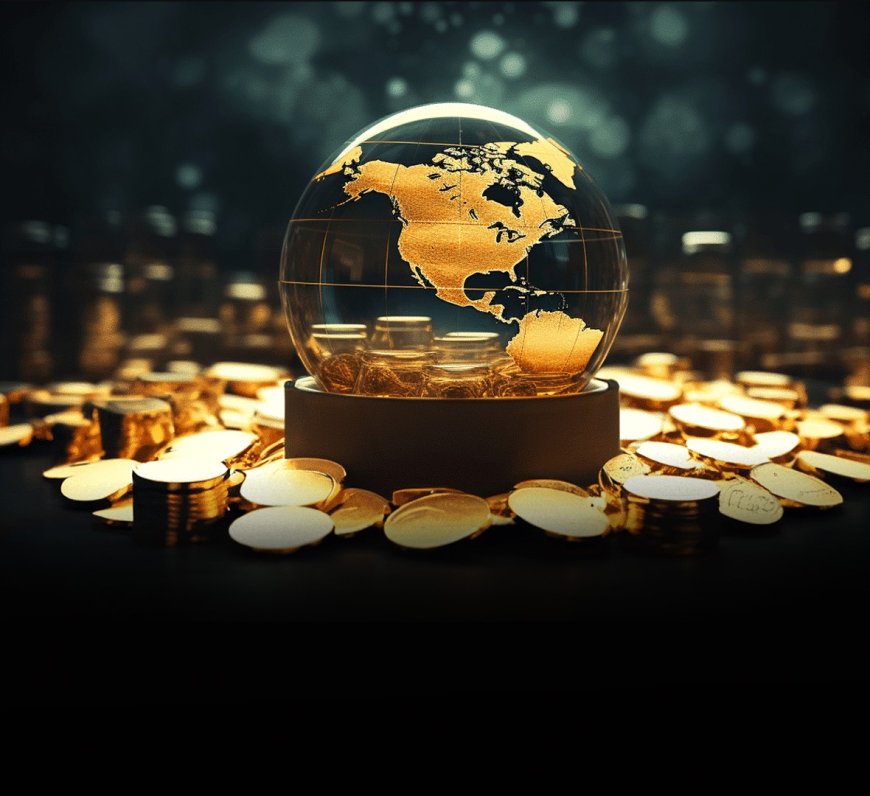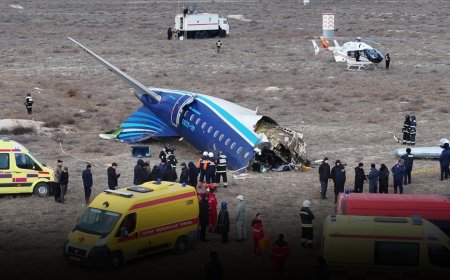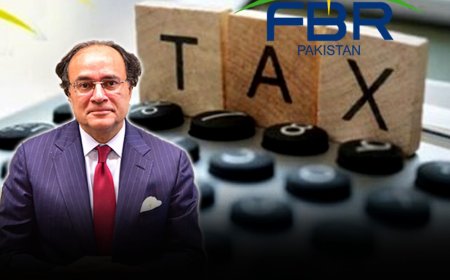Global Economy Faces Uncertain Horizons in 2025
As the world began to recover from the economic tremors of the Covid-19 pandemic, the stage was set for optimism in 2024. Central banks globally celebrated a victory in their fight against inflation, cautiously reducing interest rates without triggering a global recession.

WASHINGTON: As the world began to recover from the economic tremors of the Covid-19 pandemic, the stage was set for optimism in 2024. Central banks globally celebrated a victory in their fight against inflation, cautiously reducing interest rates without triggering a global recession. Stock markets soared, with the United States and Europe reaching record highs, and 141 new billionaires made it to Forbes’ list, marking a “banner year for the mega-wealthy.”
However, the relief felt in financial markets starkly contrasted with the sentiments of voters across the globe. The cost-of-living crisis, compounded by persistent post-pandemic price hikes, led to electoral upsets in countries such as India, South Africa, and the United States, where incumbents were penalized for economic hardships that showed no signs of abating.
Challenges on the Horizon
As 2025 approaches, economic turbulence looms large. A potential Donald Trump presidency could exacerbate global uncertainties by implementing steep US import tariffs, potentially sparking a trade war. Such measures could fuel another wave of inflation, slow economic growth, and reverse historically low unemployment rates.
Geopolitical tensions, including prolonged conflicts in Ukraine and the Middle East, political gridlock in Europe, and uncertainties surrounding the Chinese economy, add to the fragile global outlook. Compounding these issues is the rising cost of climate change, which is increasingly straining national budgets worldwide.
Struggling Economies and Rising Inequality
The World Bank warns that the poorest countries, already in their worst economic state in two decades, could face severe setbacks if global trade weakens or access to funding tightens. These nations, which missed out on the post-pandemic recovery, are ill-prepared to weather additional economic headwinds.
In wealthier countries, the challenge lies in addressing widespread voter dissatisfaction. Many citizens feel that their purchasing power, living standards, and long-term prospects are on the decline. Failing to tackle these concerns risks bolstering the rise of extremist political parties and increasing governmental instability.
Governments also face tough spending decisions. Budgets stretched by pandemic-related expenses now face additional pressures from climate action, military expansions, and support for ageing populations. Without robust economic growth, financing these priorities could push countries further into debt, raising the specter of future financial crises.
The Path Ahead
European Central Bank President Christine Lagarde summarized the uncertainty ahead, stating that 2025 promises “abundance” in unpredictability.
A critical variable is whether Trump, if elected, will follow through on his proposed import tariffs, which could range from 10-20% on all goods and up to 60% on Chinese imports. The economic fallout would depend on which sectors bear the burden and how other nations retaliate.
Meanwhile, China, the world’s second-largest economy, faces mounting pressure to pivot its growth model. Economists emphasize the need for Beijing to shift away from an over-reliance on manufacturing and toward policies that boost the incomes of low-income households, ensuring more equitable economic growth.
The global economy, poised at a crossroads, will require coordinated action, innovative policies, and resilient leadership to navigate the challenges of 2025. Whether nations rise to the occasion or falter under the weight of these complexities remains to be seen.
What's Your Reaction?



























































































